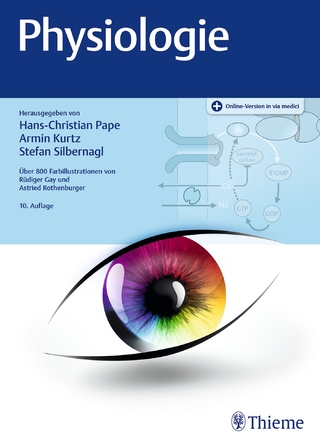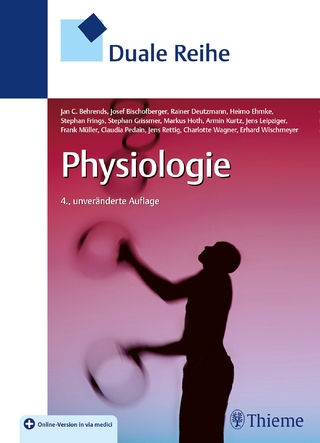
Body Messages
The Quest for the Proteins of Cellular Communication
Seiten
2016
Harvard University Press (Verlag)
978-0-674-08894-8 (ISBN)
Harvard University Press (Verlag)
978-0-674-08894-8 (ISBN)
Whether classified as regulators of inflammation, metabolism, or other functions, a distinctive set of molecules enables the body to convey information from one cell to another. Giamila Fantuzzi offers a primer on molecular mediators that coordinate complex bodily processes, and explores the consequences of their discovery for modern medicine.
Whether classified as regulators of inflammation, metabolism, or other physiological functions, a distinctive set of molecules enables the human body to convey information from one cell to another. An in-depth primer on the molecular mediators that coordinate complex bodily processes, Body Messages provides fresh insight into how biologists first identified this special class of molecules and the consequences of their discovery for modern medicine.
Focusing on proteins that regulate inflammation and metabolism—including the cytokines and adipokines at the core of her own research—Giamila Fantuzzi examines the role body messages play in the physiology of health as well as in the pathology of various illnesses. Readers are introduced to different ways of conceptualizing biomedical research and to the advantages and pitfalls associated with identifying molecules beginning with function or structure. By bringing together areas of research usually studied separately, Fantuzzi stresses the importance of investigating the body as a whole and affirms the futility of trying to separate basic from clinical research. Drawing on firsthand interviews with researchers who made major contributions to the field, Body Messages illustrates that the paths leading to scientific discovery are rarely direct, nor are they always the only routes available.
Whether classified as regulators of inflammation, metabolism, or other physiological functions, a distinctive set of molecules enables the human body to convey information from one cell to another. An in-depth primer on the molecular mediators that coordinate complex bodily processes, Body Messages provides fresh insight into how biologists first identified this special class of molecules and the consequences of their discovery for modern medicine.
Focusing on proteins that regulate inflammation and metabolism—including the cytokines and adipokines at the core of her own research—Giamila Fantuzzi examines the role body messages play in the physiology of health as well as in the pathology of various illnesses. Readers are introduced to different ways of conceptualizing biomedical research and to the advantages and pitfalls associated with identifying molecules beginning with function or structure. By bringing together areas of research usually studied separately, Fantuzzi stresses the importance of investigating the body as a whole and affirms the futility of trying to separate basic from clinical research. Drawing on firsthand interviews with researchers who made major contributions to the field, Body Messages illustrates that the paths leading to scientific discovery are rarely direct, nor are they always the only routes available.
Giamila Fantuzzi is Professor in the Department of Kinesiology and Nutrition at the University of Illinois at Chicago. Hannah Landecker is Associate Professor of Sociology at the University of California, Los Angeles.
| Erscheinungsdatum | 27.09.2016 |
|---|---|
| Vorwort | Hannah Landecker |
| Verlagsort | Cambridge, Mass |
| Sprache | englisch |
| Maße | 156 x 235 mm |
| Themenwelt | Sonstiges ► Geschenkbücher |
| Studium ► 1. Studienabschnitt (Vorklinik) ► Physiologie | |
| Studium ► 2. Studienabschnitt (Klinik) ► Pathologie | |
| Studium ► Querschnittsbereiche ► Geschichte / Ethik der Medizin | |
| Naturwissenschaften ► Biologie ► Zellbiologie | |
| ISBN-10 | 0-674-08894-8 / 0674088948 |
| ISBN-13 | 978-0-674-08894-8 / 9780674088948 |
| Zustand | Neuware |
| Informationen gemäß Produktsicherheitsverordnung (GPSR) | |
| Haben Sie eine Frage zum Produkt? |
Mehr entdecken
aus dem Bereich
aus dem Bereich


